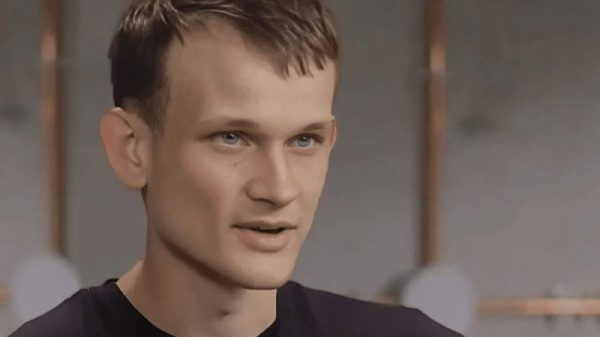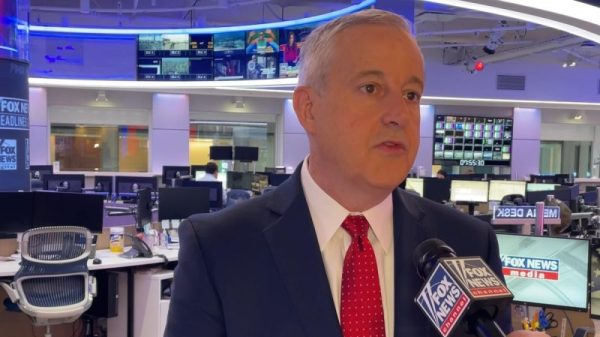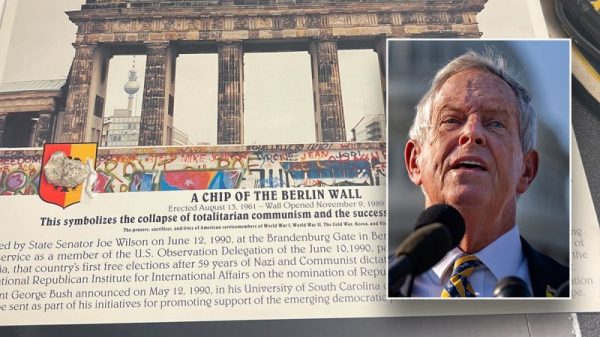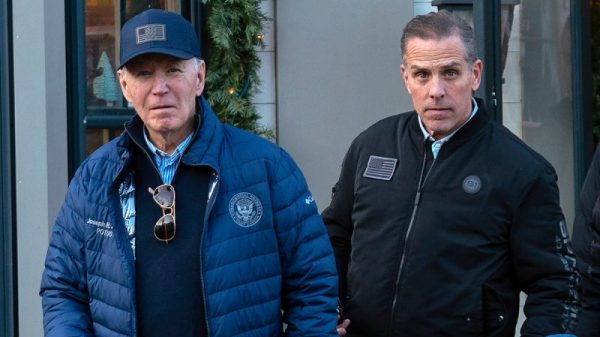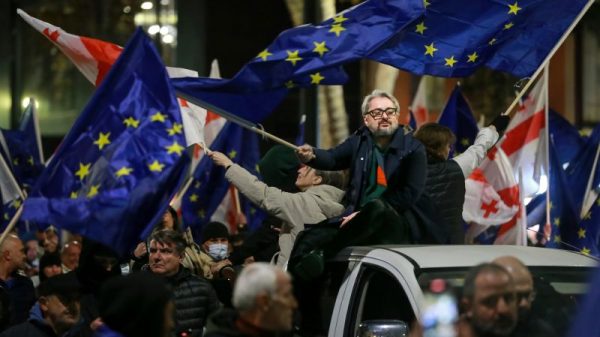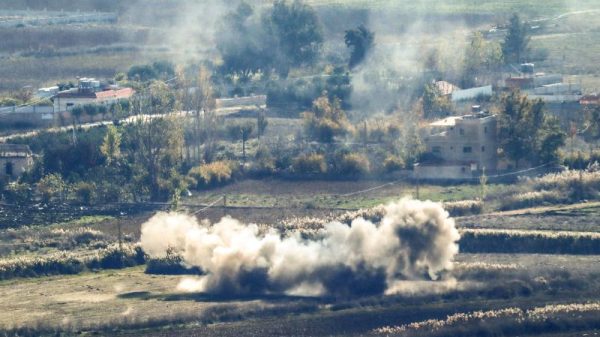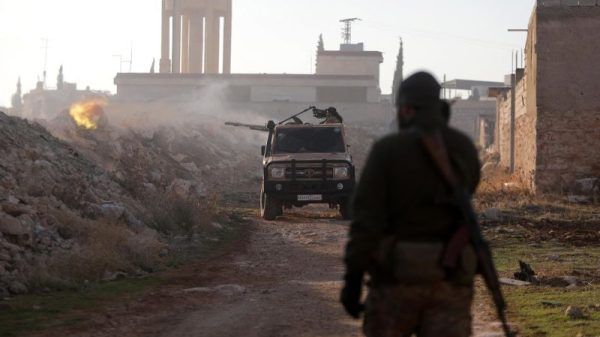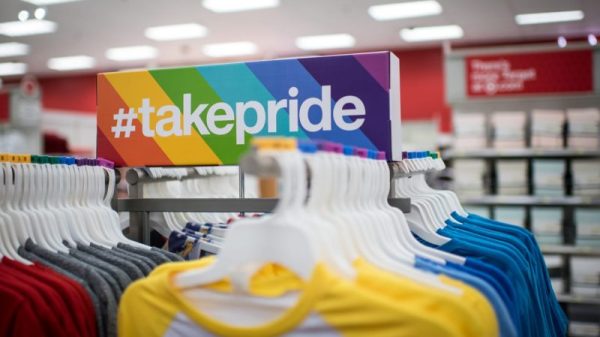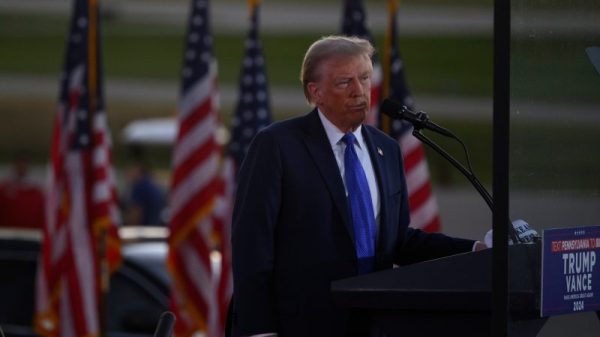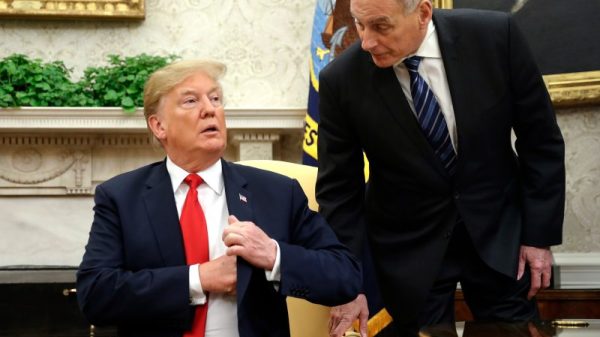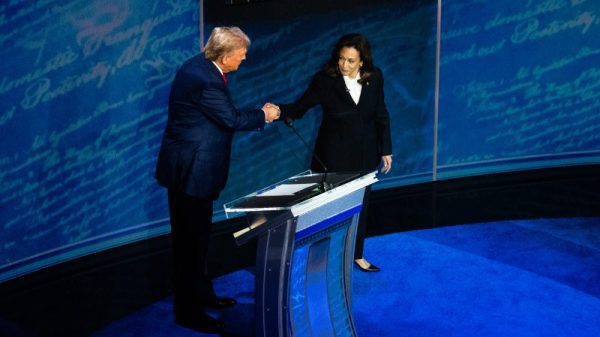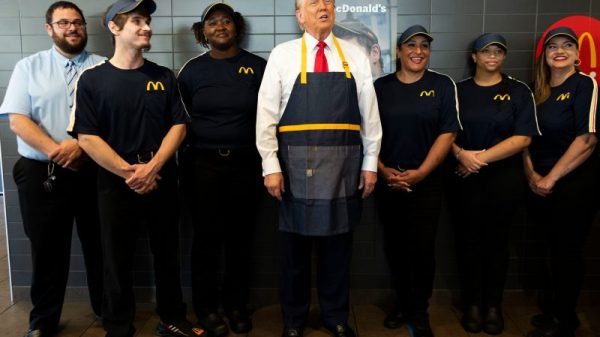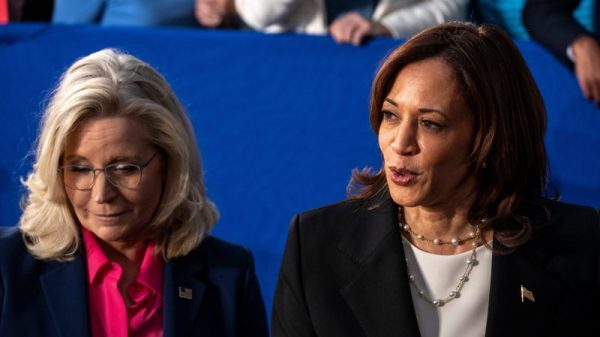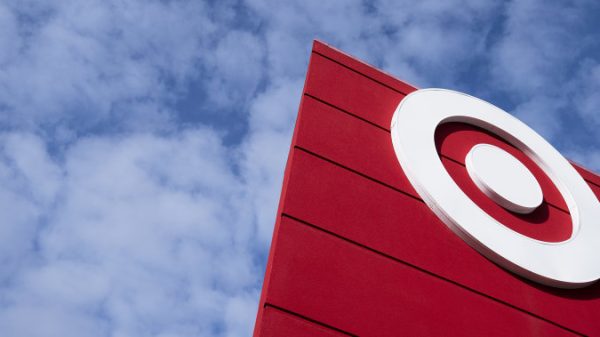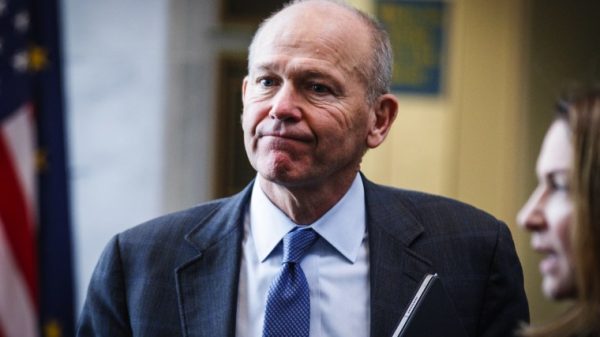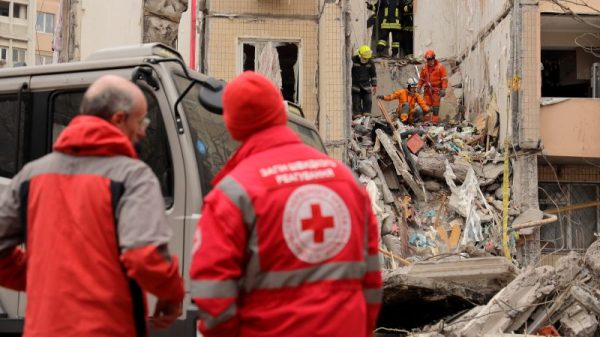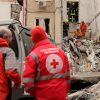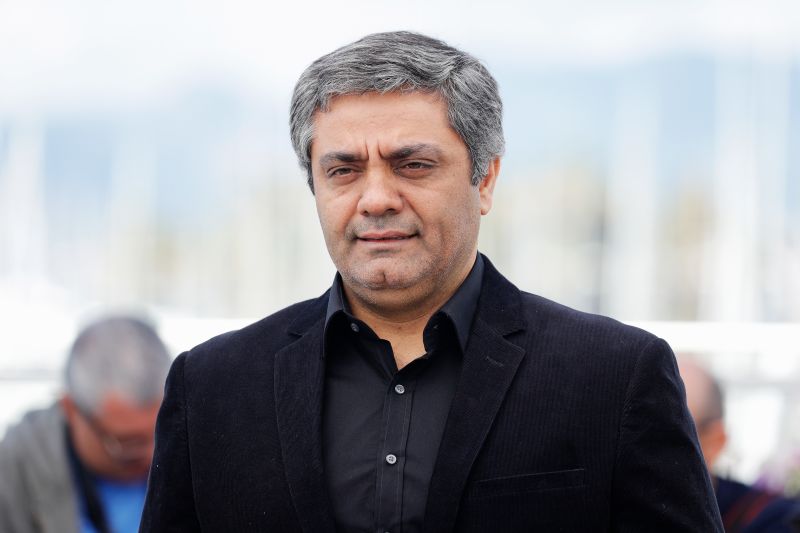 Victory Day, marked annually on May 9th in Russia, is one of the most important celebrations in the country. It commemorates the defeat of Nazi Germany in World War II, a feat in which Russia (as part of the Soviet Union) played a significant role. The day is often marked by grand military parades, fireworks, and nationwide celebrations. President Putin frequently uses this occasion to promote Russian patriotism and highlight the country’s military prowess.
Victory Day, marked annually on May 9th in Russia, is one of the most important celebrations in the country. It commemorates the defeat of Nazi Germany in World War II, a feat in which Russia (as part of the Soviet Union) played a significant role. The day is often marked by grand military parades, fireworks, and nationwide celebrations. President Putin frequently uses this occasion to promote Russian patriotism and highlight the country’s military prowess.
However, behind these festivities, there are reports of growing domestic issues that may be cause for concern. Economic stagnation, political repression, corruption, and inequality are just a few of the challenges facing Putin’s Russia.
Despite a firm grip on power, Putin faces an increasingly disillusioned populace. Demonstrations and protests have been growing in frequency and size, often met with heavy-handed responses from the state. The arrest and imprisonment of opposition leader Alexei Navalny is a prime example of political tensions in Russia.
Additionally, effects of the pandemic continue to hit the Russian economy hard. Income inequality is also a major issue with significant wealth concentrated among the elite. While Russia may project an image of stability and power on Victory Day, there are simmering tensions beneath the surface.
As Putin navigates these challenges, observers watch with keen interest to see how these underlying tensions might influence the political landscape and Russia’s relationships with the rest of the world.

